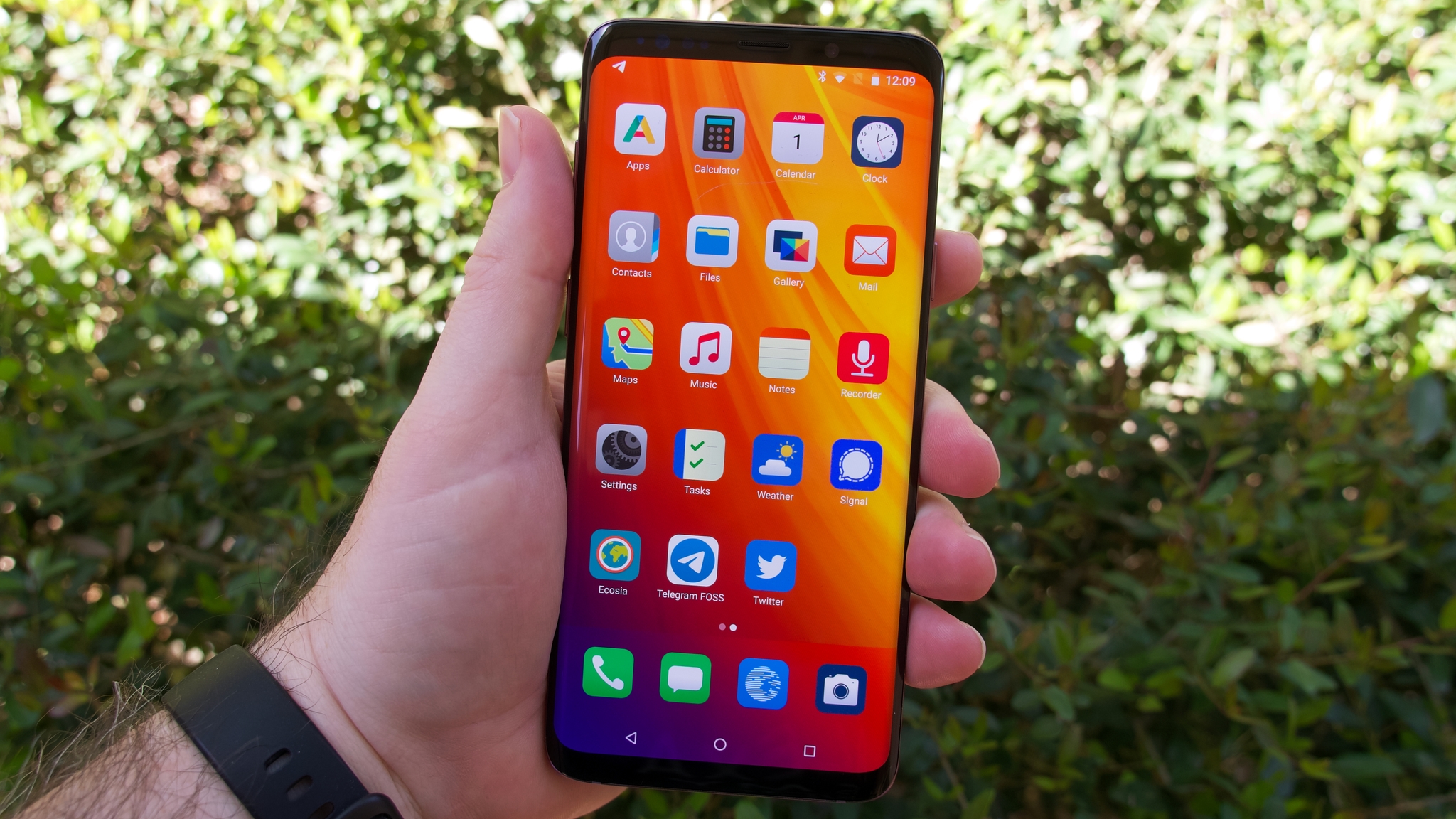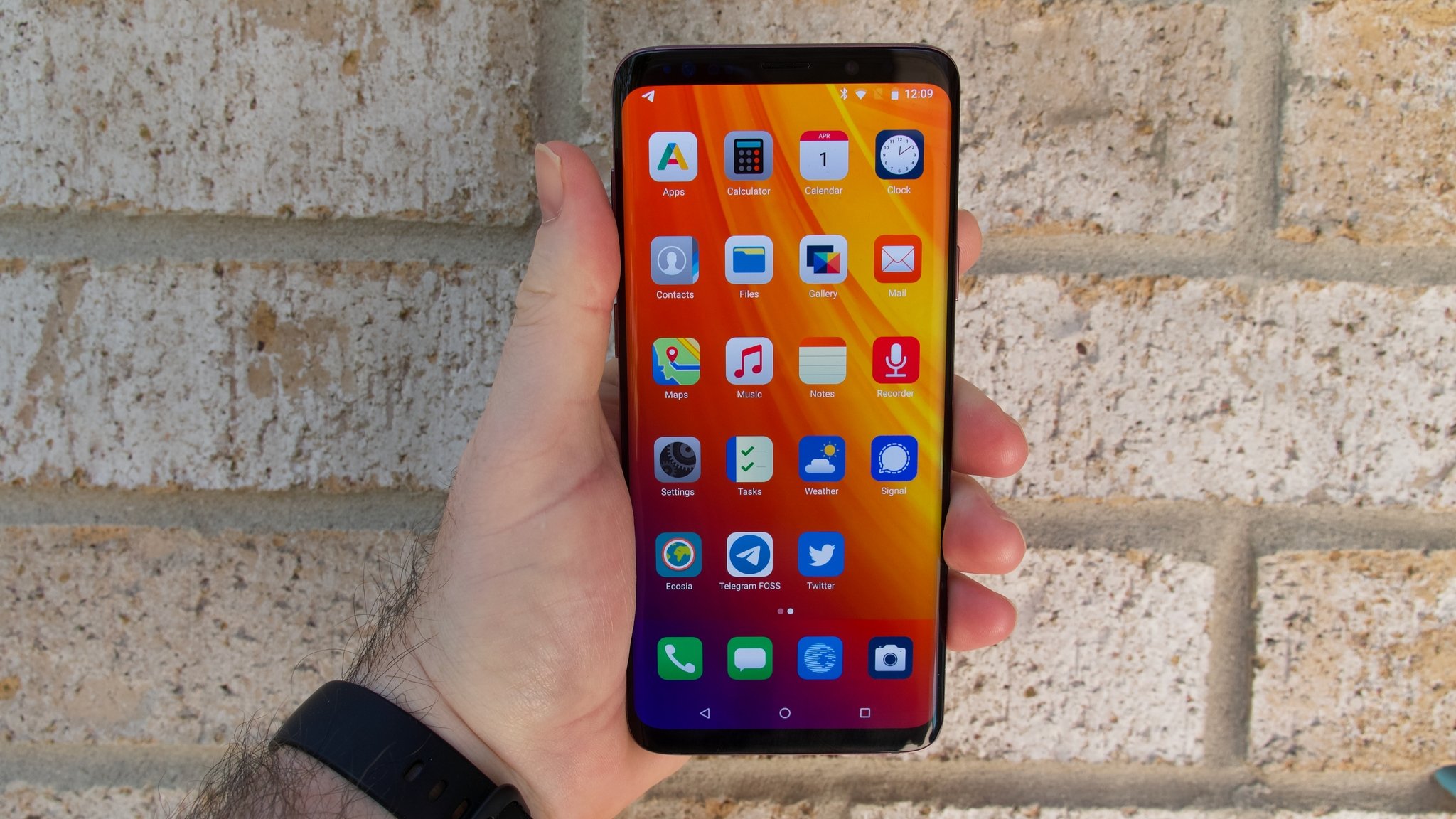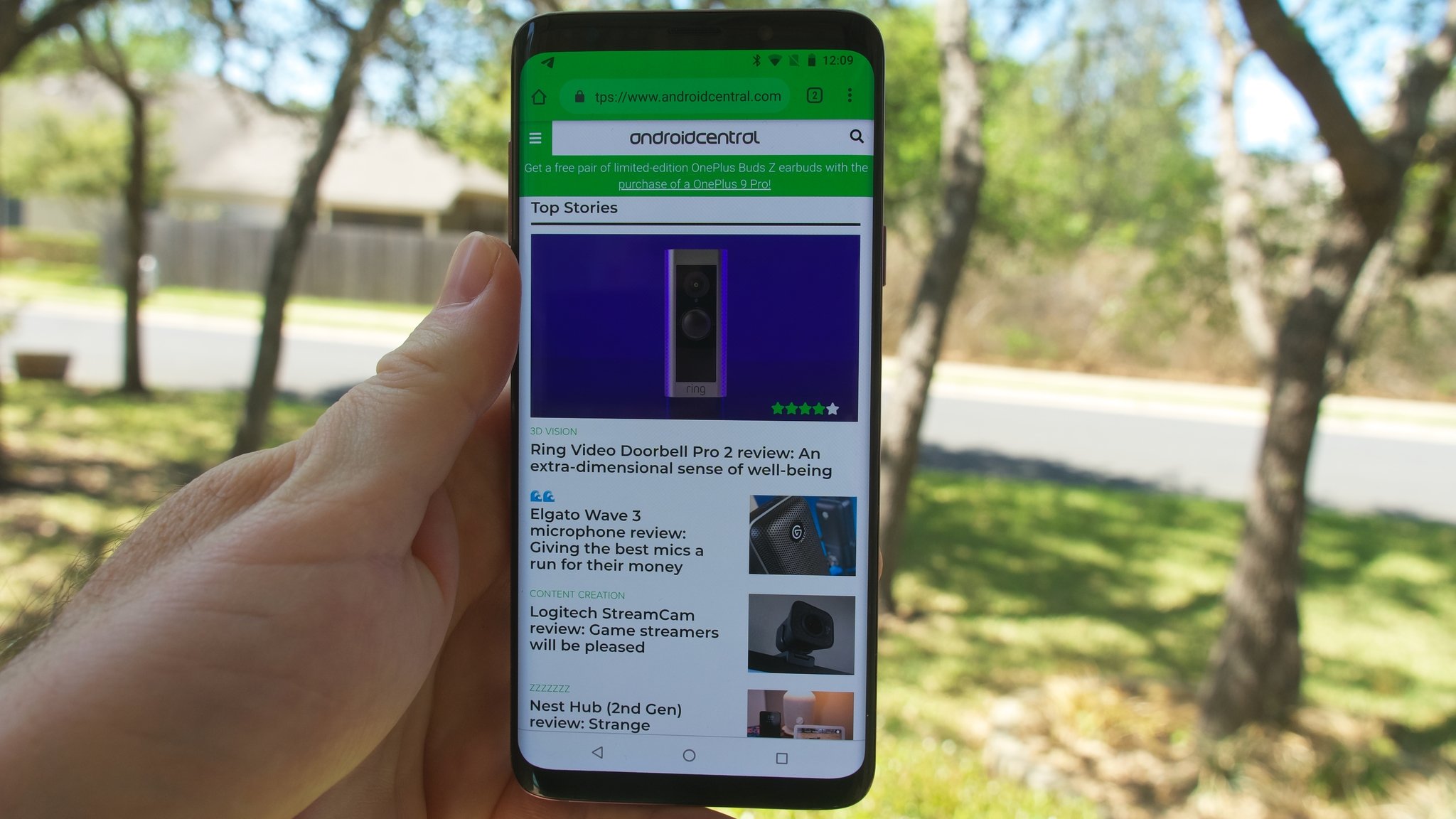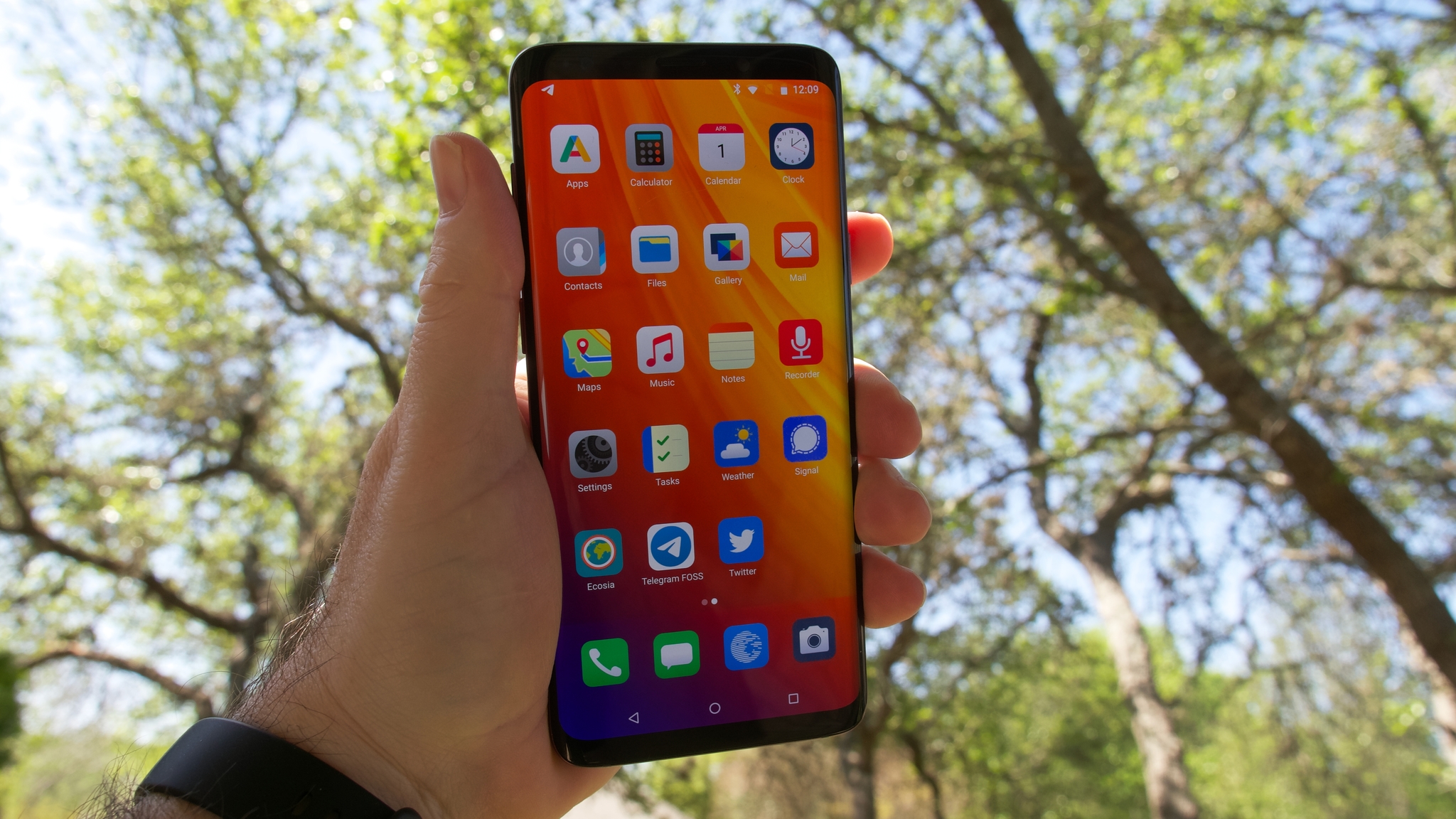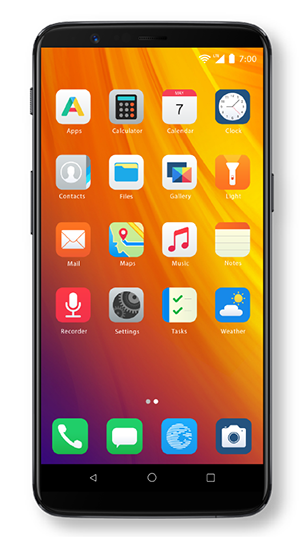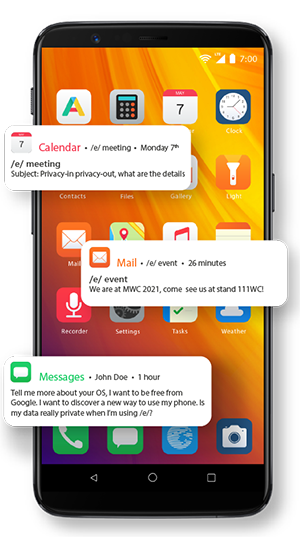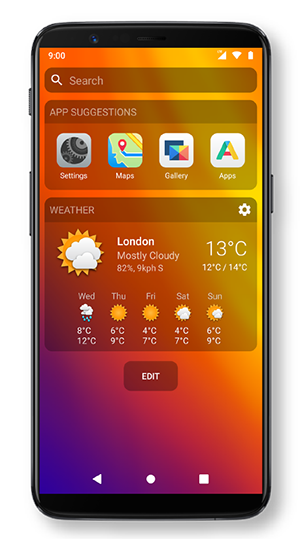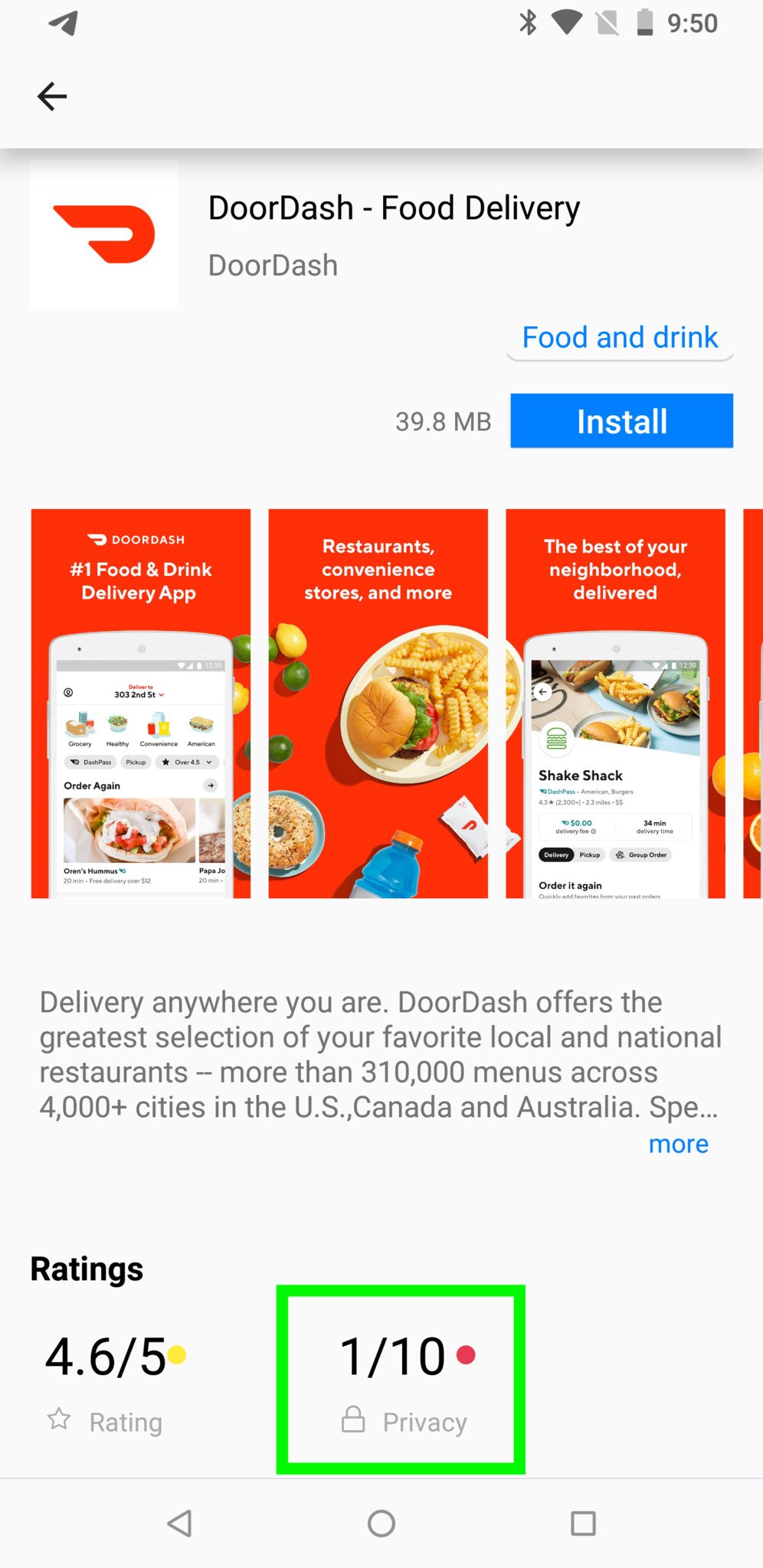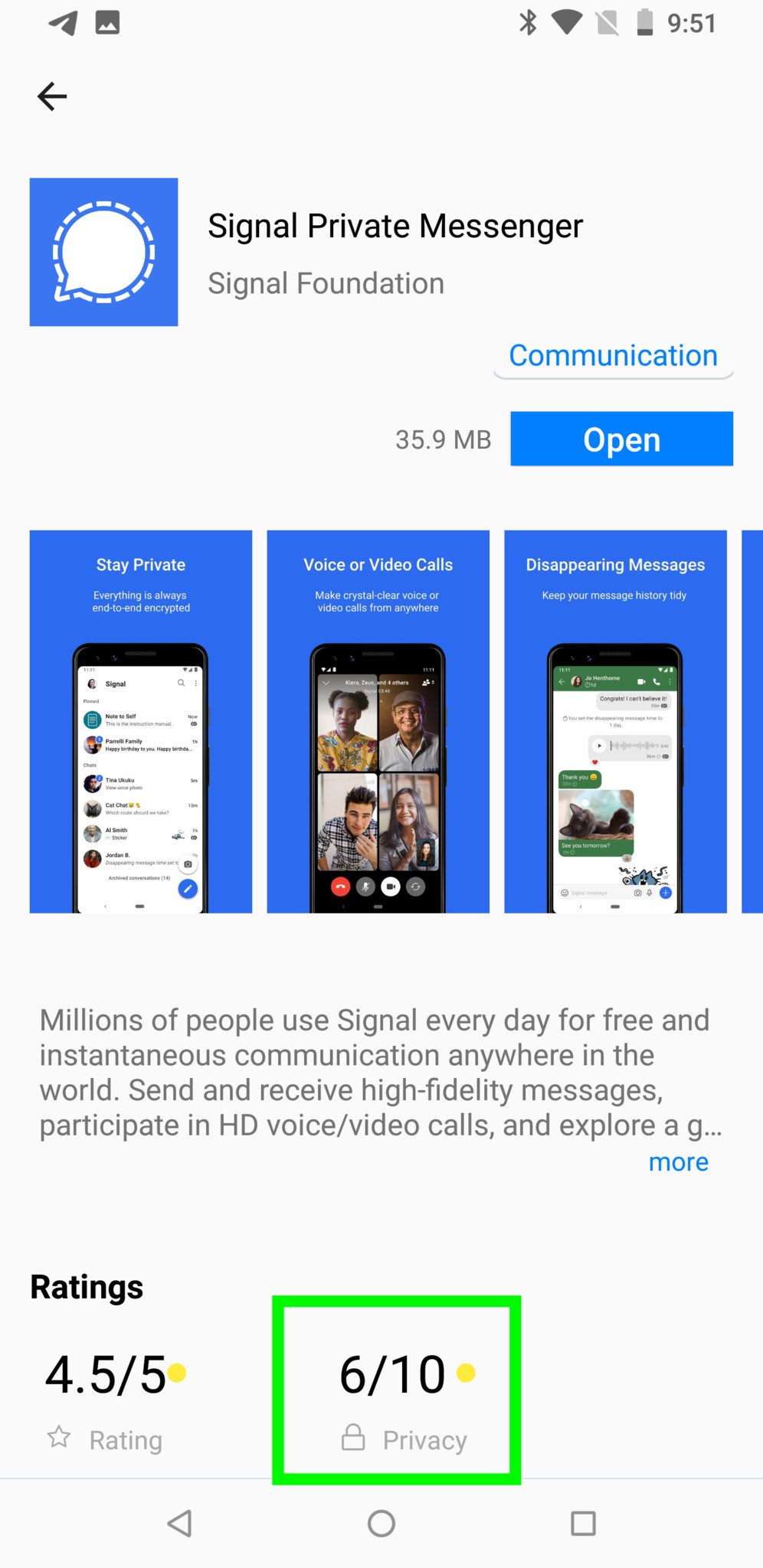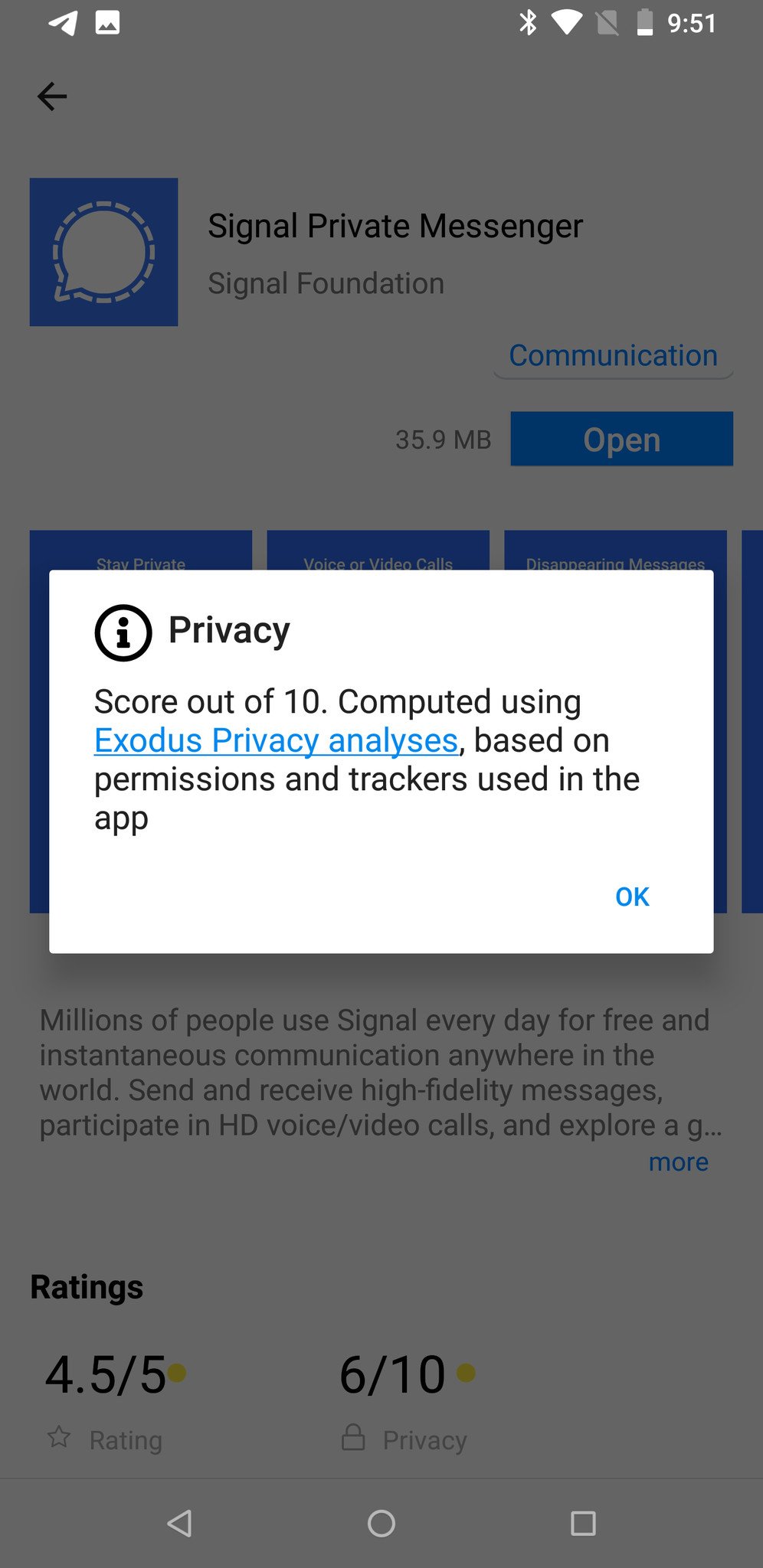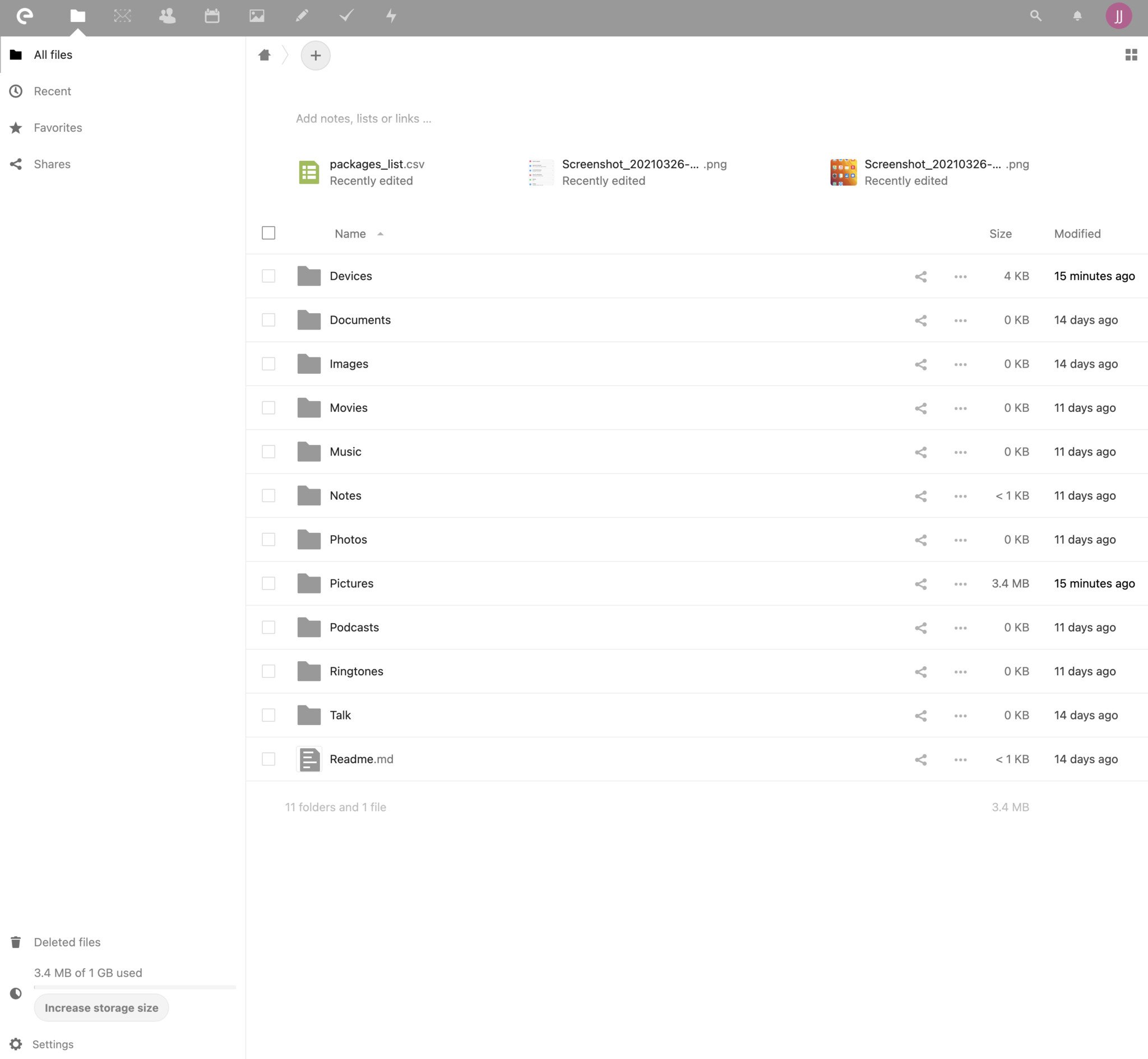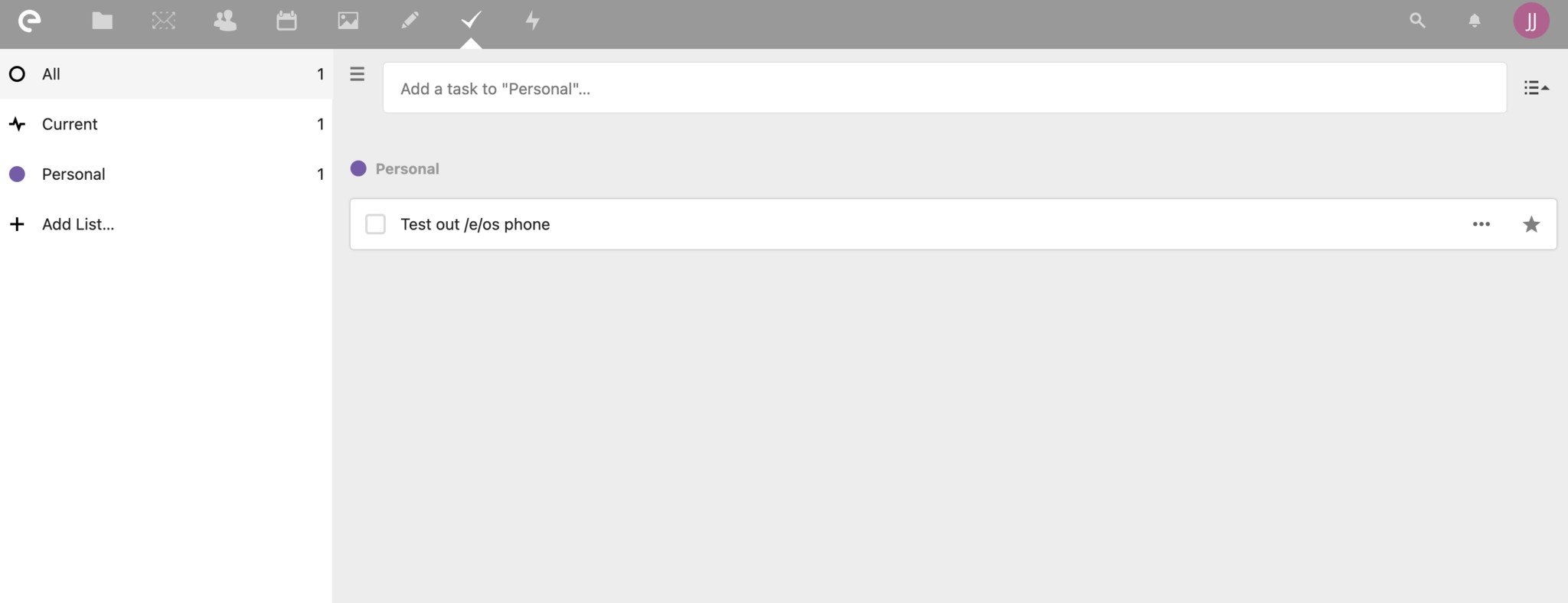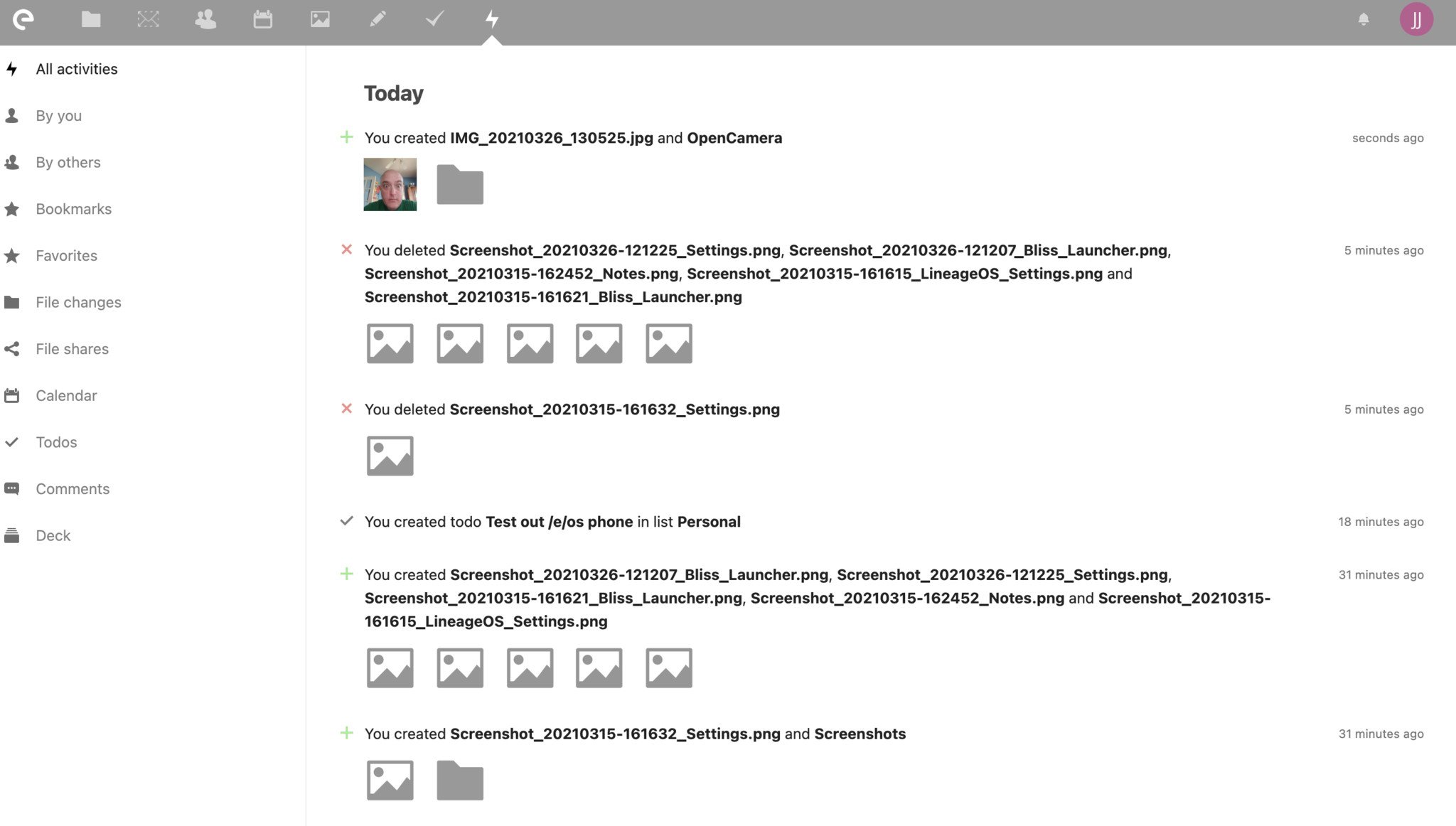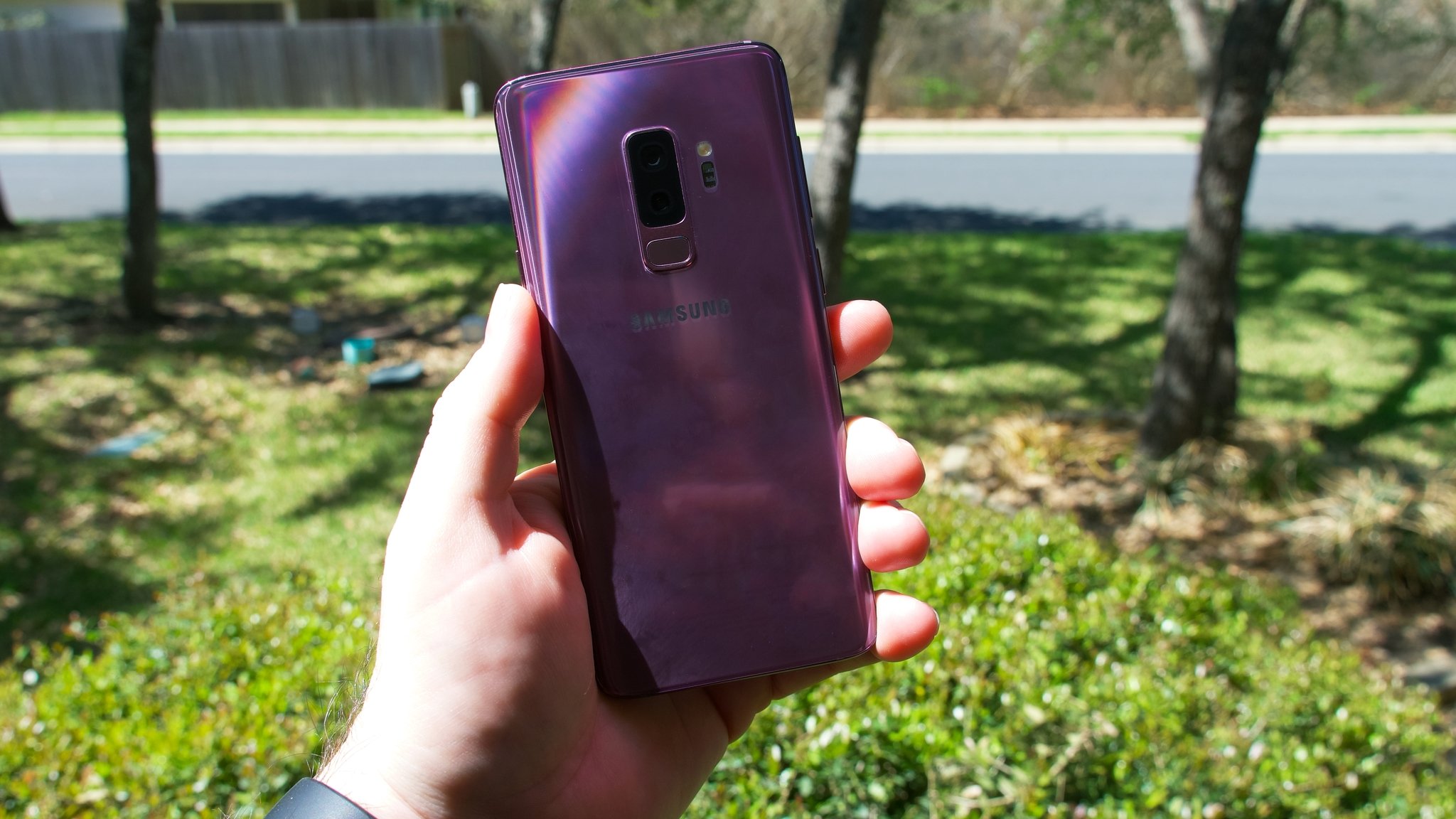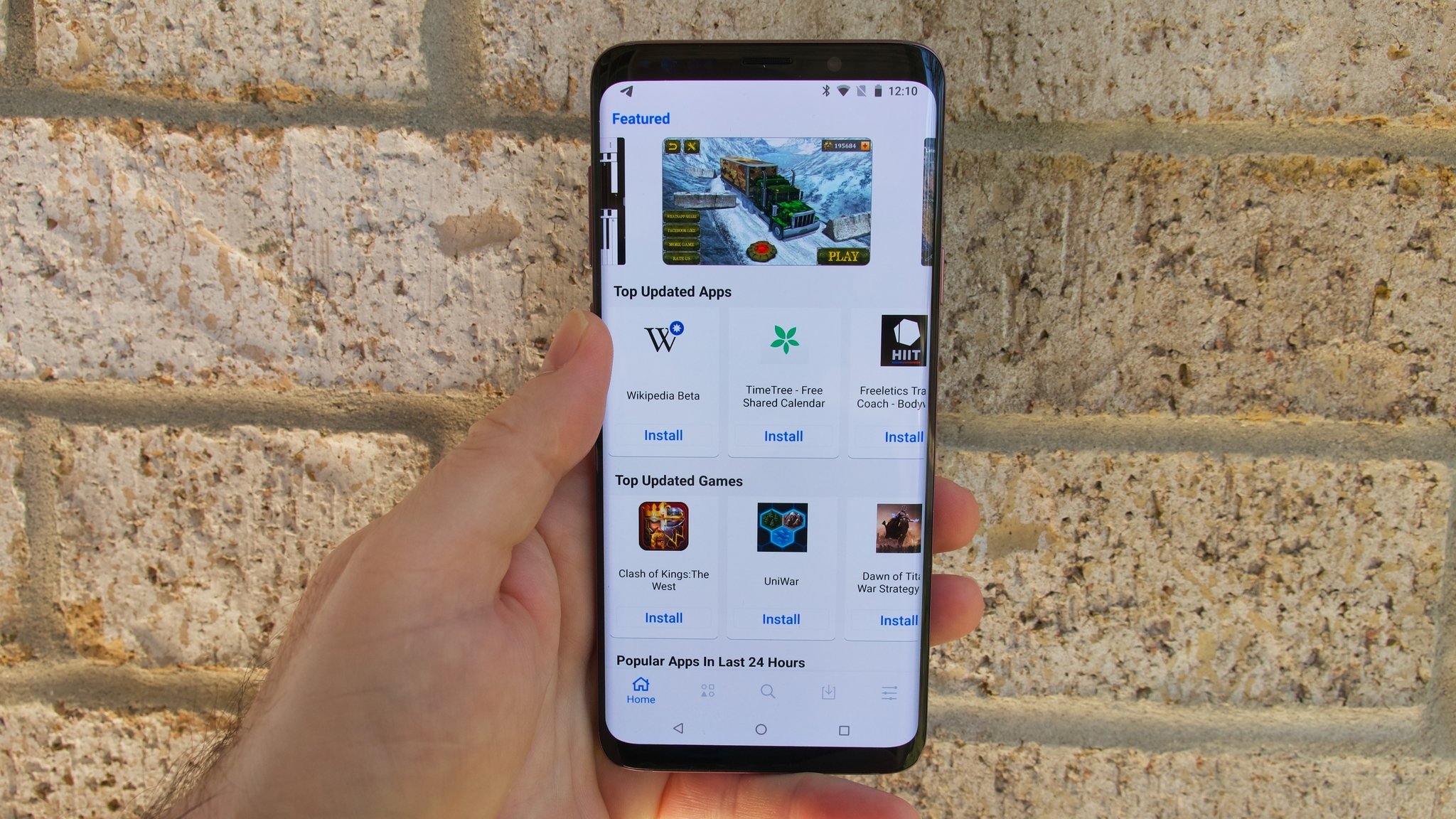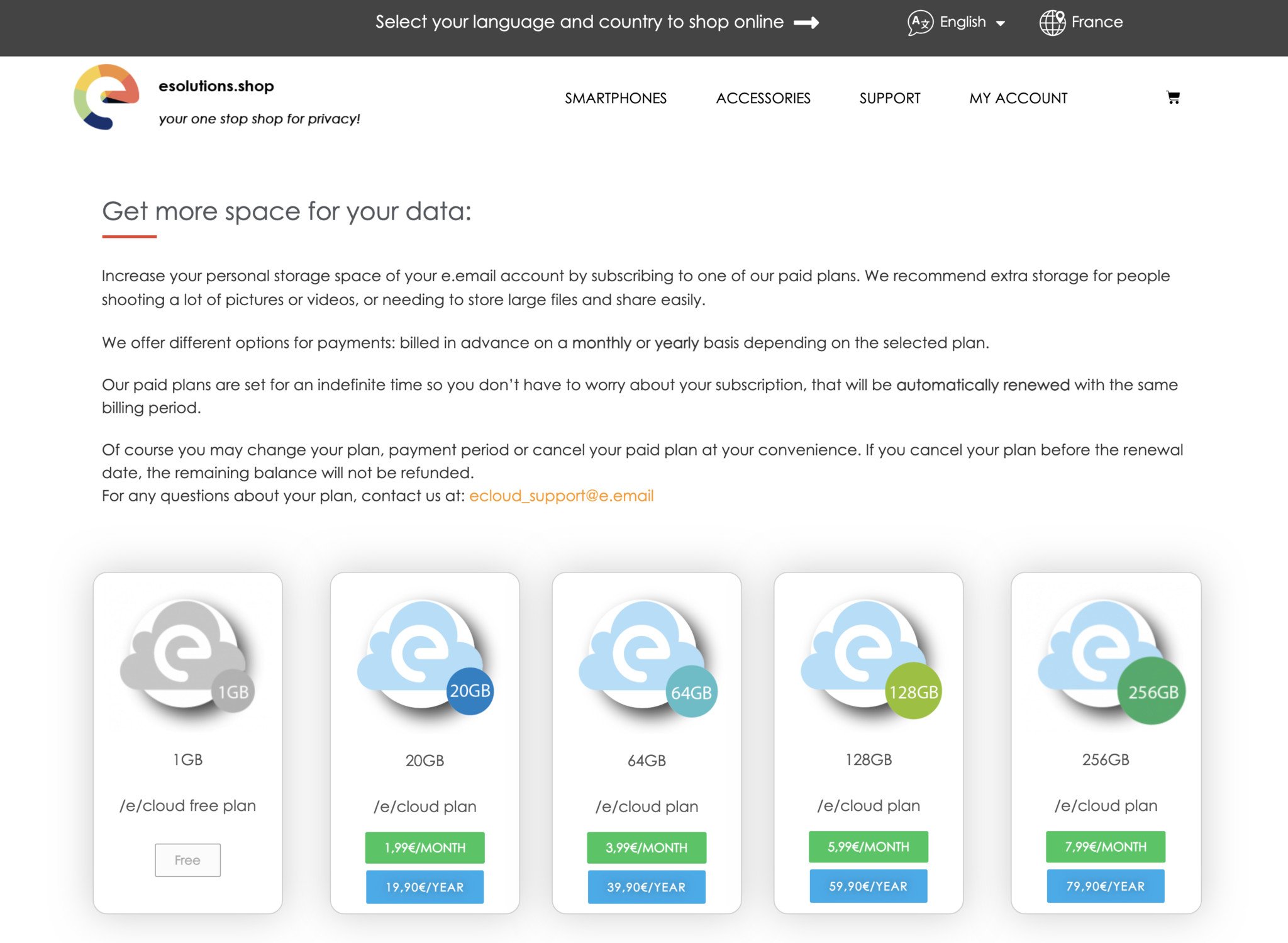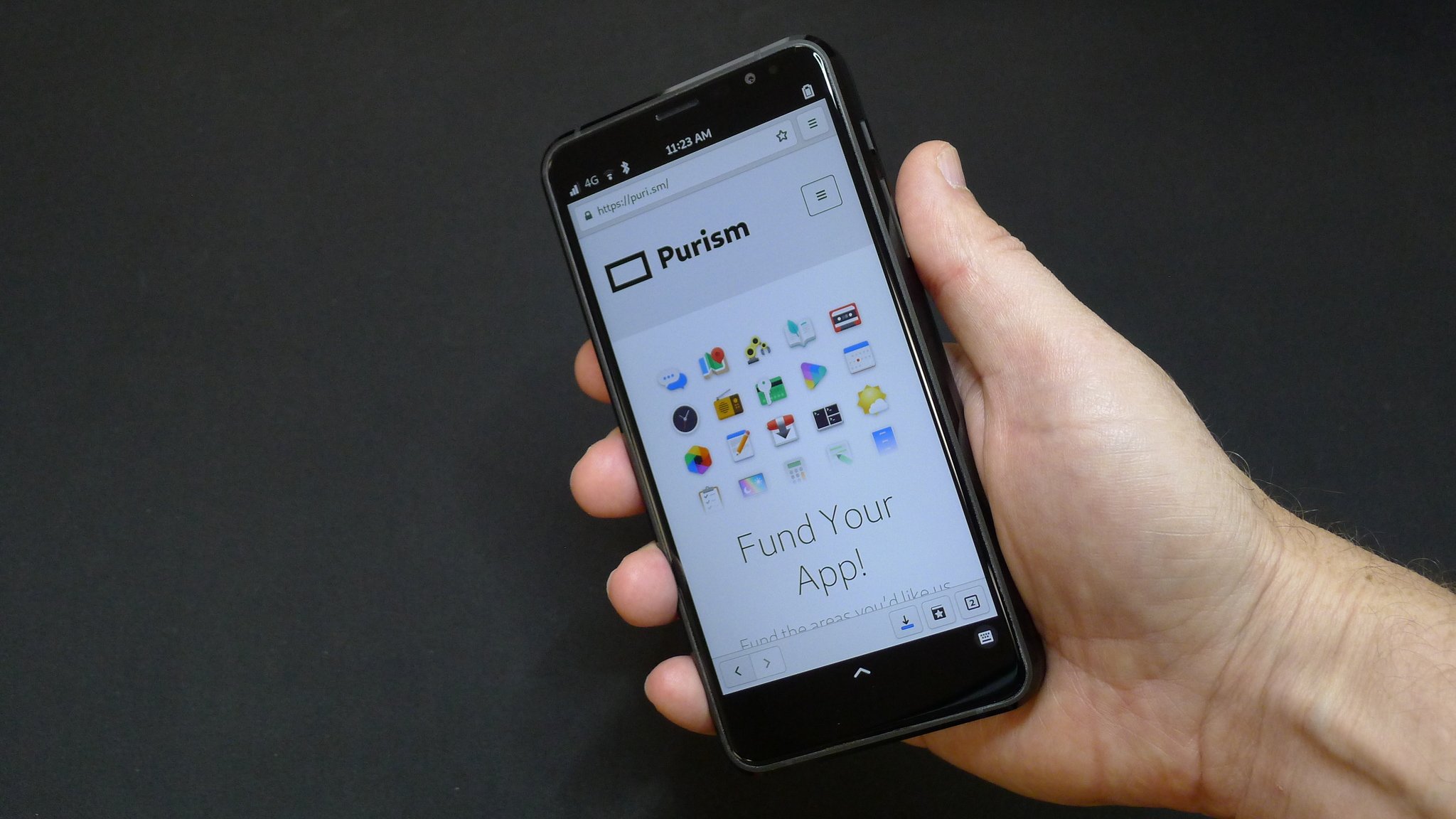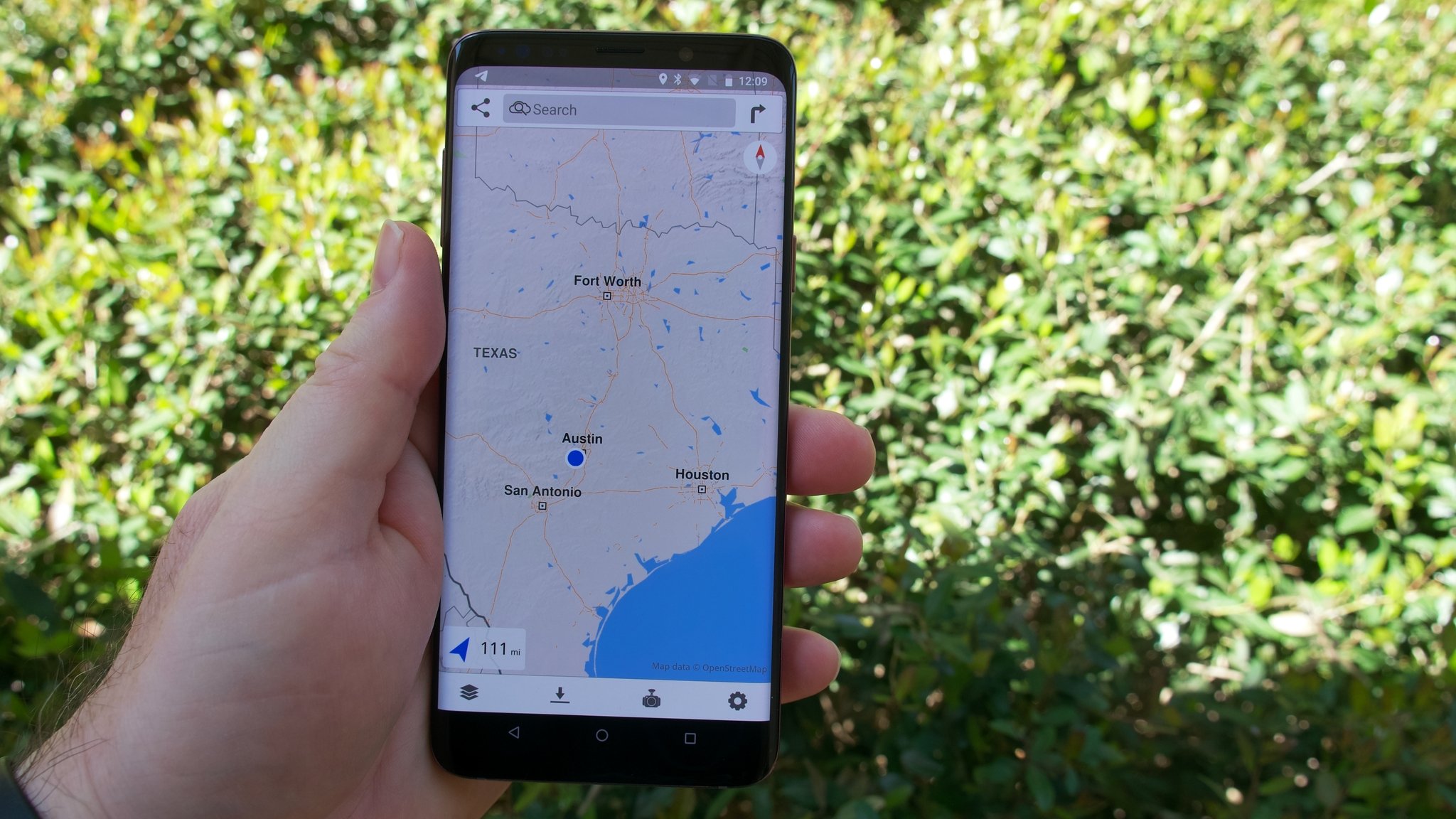Have your Android cake and eat it, too.
I think many of us would agree that protecting our data and personal privacy is important, especially in this ever-connected world that we share. As much value as our favorite smartphones, apps, and services bring to us each day, it's clear that we — in the form of our data — are even more valuable to companies who create those experiences for us to enjoy.
To a point, this tradeoff of data for services can work for both those companies and us as consumers, but many people are beginning to feel like they're giving away way too much of themselves to make it a fair transaction. Sure, there are ways to mitigate privacy and security concerns by using one of the best VPN services or by purchasing one of the most secure Android phones. Still, those steps aren't always enough to keep our data from being gobbled up by Google and other companies. Because of this, a small but growing movement of privacy-focused operating systems and devices has sprung up over recent years to fill the demand that has developed for consumer-first, privacy-focused alternatives.
I recently had the opportunity to test drive one of these alternatives when I conducted this /e/OS review. While I don't think I'll be fully switching to a new operating system right now, I saw enough that I liked to intrigue me to want to learn more about and spend more time with this community. So what exactly is /e/OS, what does it do, and how do you get it? Let's dive in!
/e/OS
Bottom line: /e/OS is not for everyone, but it will strongly appeal to those looking for a smartphone alternative not controlled by Google, Apple, or the other tech giants. Based on truly open-source software, it offers a real "deGoogled" version of Android that will still feel familiar, useful, and attractive. It's a good option for tinkerers, hackers, and those interested in sustainability, but it may not be the best platform if you want the newest software and hardware that the Android world has to offer.
The Good
- Easy to use
- Privacy-focused
- Tons of documentation and support
- Cloud access and backups
- Works on over 100 Android devices
The Bad
- Users may miss out on Google goodies
- Latest Android devices not currently
- Only a few pre-installed devices available for sale in the U.S.
- Users may not have access to frequent app updates or push notifications for many popular apps outside of Google Play
Available from the e Foundation
/e/OS: Price and availability
e/OS/ is free to download and flash onto your compatible device directly from the e Foundation's website, or you can purchase a device preloaded with e/OS/ from 260€ ($306) depending on where you live. Previously limited to the European market, these devices are now available to consumers in the U.S.
The accompanying cloud service comes with a measly 1GB of online storage, so if you are serious about using it and supporting the foundation's mission, you're going to want to subscribe to one of the e Foundation's data plans. These cloud storage subscriptions start at 2€ a month ($2.35) for 20GB of storage and go up to 8€ ($9.40) for 256GB of storage. The e Foundation also runs on donations and Patreon contributions from its loyal followers.
/e/OS: Background
Created by the Gaël Duval and the non-profit e Foundation, /e/OS is "a complete, fully 'deGoogled' mobile ecosystem. Okay, great, but what does that mean exactly? Essentially, /e/OS is a fork of LineageOS, which is itself based on the Android Open Source Project (AOSP) and does not use Google for, well, anything.
It comes with a handful of pre-installed open-source apps for the most common things you use on your phone, like mail, calendar, and messaging, and it also allows you to download your favorite apps from F-Droid or other repositories. From the /e/OS Application Installer on your phone, you can see iOS-style "nutrition" labels detailing easy-to-read scores of an app's privacy. These show you which trackers are in each app, how many trackers there are in total per app, and what permissions each app will ask for.
Essentially, /e/OS is giving you the tools and information you need to decide whether or not you want to take the risk of downloading a particular app, but it's not preventing you from doing so. It is taking Google out of its flavor of Android so that the company and others cannot track you, even from the OS level. According to Duval, /e/OS is "cleaned from all the calls to Google servers (including calls from the OS itself, from default apps, from the browser...)."
It's important here to note that while the concepts are certainly related and often intertwined, security and privacy are not the same thing. As my colleague Jerry Hildenbrand recently wrote, you can have one without the other. As Jerry puts it, "Android is one of the most secure operating systems in existence," but Google apps and services just don't fully work in a purely privacy-first world. So there's an inherent tradeoff here that is driving some users to alternatives like /e/OS.
It's sort of like the concept of anonymity... you can be walking down an alley where no one knows who you are, but that doesn't mean that you won't be mugged, or trip and sprain your ankle, or get hit by a bus. It's just that /e/OS wants you to be able to walk down that virtual street without people knowing who you are or what your business is, though it's still up to you to keep an eye out for trouble.
The idea of /e/ is not to offer a super-secure system that could be used by "targeted" people, but rather to offer an opportunity to regular users to have something decent they can use on their smartphone without having their personal data constantly harvested by Google and others. — Gaël Duval, e Foundation
According to Duval, there are between 25,000 and 35,000 users of /e/OS — that's a drop in the bucket, to be sure. Still, its adherents are potentially the canaries in the coalmine of user privacy and online anonymity. But will larger numbers heed the warnings and escape the data harvesting cave? I guess we'll have to wait and see.
/e/OS: What I like about it
Whether you decide to download and install /e/OS on an existing device (of which over 100 Android phones are supported) or you elect to purchase a phone with it preinstalled directly from the e Foundation (/e/OS is finally selling phones to U.S. customers), you're going to find a lot to like in this open-source version of Android.
For starters, it's aesthetically pleasing and instantly familiar to anyone who has used recent versions of Android. The default Bliss Launcher is cheerful and colorful, and the icons are simple and pleasing. They remind me of the flat design of many of Samsung's One UI icons or Apple's iOS 7 icons, both of which I am a fan of.
Speaking of those apps, the operating system comes with a handful of default options for your most common productivity tasks, though you can download your favorites from the /e/OS App Launcher (app gallery/store) or other repositories. What's nice about the /e/OS version is that you can actually get a report card view of just how much of your data those apps send back to their creators, and you can make the call whether you want them on your phone or not.
Going back to Duval's point about security vs. privacy, for example, you can use the built-in SMS app, which is private in the sense that Google can't read your messages, but it's not totally secure, because your number could be cloned/spoofed, or your carrier could be hacked, etc. If you really want a private message experience, you can still download an app like Signal.
I had no trouble finding and installing other privacy-focused apps like Telegram, Dashlane, or NordVPN, and I could also get to more popular apps like Spotify, Lyft, and Doordash. When you download an app that isn't one of the default or open-source options, be sure to look at those privacy scores we discussed earlier. You might just be surprised at how poorly most perform on a scale of 1-10.
I really appreciated the e-cloud online service's breadth, which gives you access to the files on your phone, your mail, calendar, to-dos, notes, contacts, and more. My favorite thing about the portal, though, was the Activity Feed, which is just what it sounds like — it lets you see a record of every action that you've taken on your phone or e-cloud account. It's a nice way to see how you've been using your phone and a check to make sure that no one else has been misusing it.
I reviewed /e/OS on a Samsung Galaxy S9+, and it ran very smoothly. There was no lag, no stuttering, and the device looked and worked as well as it did when it was released. Plus, I happen to think this is one of the better Galaxy S designs, and I got it in the pretty Lilac Purple color!
Because this phone isn't constantly sending data back to Google's servers, you might assume that you'll see better battery life on your (older) devices, and that appears to be the case here. Duval says they've seen 25% lower power consumption on /e/OS. I didn't run any particular battery tests during my time with the Galaxy S9+, but if this holds true long-term, that's a great benefit, particularly with the older phones that /e/OS sells and supports.
/e/OS is perfect for the tinkerer enthusiast as well as the climate crusader who is concerned about sustainability.
The other thing that I really like about /e/OS is the subtle sustainability angle behind the platform. Just the simple fact that it can run on hundreds of older Android devices means that those phones can potentially be kept out of landfills for longer. The e Foundation also has partnered with sustainability leader Fairphone to sell Fairphone 3 and 3+ phones that come preloaded with /e/OS to further promote their shared sustainable goals.
Finally, I appreciate how /e/OS appeals to the do-it-yourself hacker spirit that fired up a generation of Linux and Android tinkerers. Most smartphone users these days probably don't know how to root their Android phones anymore, and it's fast becoming a lost art. Being able to root your phone and mess with your own device to extend its life, or just because you're curious and want to try something new, has started to regain traction with the right to repair movement, so its no wonder that /e/OS would want to partner with one of the best sustainable and repairable phone manufacturers.
/e/OS: Why you might want to avoid it
The potential drawbacks to giving up on standard Android are pretty obvious, and while I don't think that any of them are insurmountable, they're worth going over here.
Let's start with the elephant in the room, Google. By using a deGoogled version of Android, you are, of course, missing out on all of the value that that data harvesting provides. Your years of search history, favorited videos, and interconnected apps won't benefit you here on /e/OS. Of course, you can still download many of your current favorite apps (including Gmail, Google Maps, and Google Photos), though if you were going to do that, it seems unlikely that you'd be interested in /e/OS anyway. No, this platform is for those who want an alternative from big corporate tech giants, not necessarily those who are bi-OS curious.
Even though you have the ability to access and download apps from third-party app stores and repositories, many of these don't necessarily have the best track records for keeping their app selection updated. Additionally, users can find it frustrating, difficult, or even near impossible to force manual updates for apps like these on their own.
And on top of that, a lot of your favorite traditional apps may not fully function as intended. Apps like Slack and Uber that rely on Google's many services for things like Firebase for push notifications and Google Maps APIs may not be as useful or useable on /e/OS. There is a light at the end of the tunnel here, however. According to an e Foundation representative, the team has been working on a solution to this problem. /e/OS has begun using microG, an open-source "reimplementation of Google Mobile Services that maintains user data privacy while allowing you to use most apps that rely on Google APIs."
In the same vein, if you're someone who likes having quick access to all of the latest whizbang features of a new Android release like chat bubbles, system-level theming, or screen recording, you may be out of luck. While /e/OS is not without key accessibility and usability features (and even has widget support), there are some things you're going to miss. One UX issue for me was the lack of support for swipe/gesture navigation. The current build still only has the three-button navigation, and I greatly prefer swiping around to navigate my device. Admittedly this wouldn't be a deal-breaker for me, but it's something I was disappointed to see missing.
The e-cloud service has potential, but unfortunately, it's still a bit clunky and slow.
While the e-cloud service that also allows you to access your account via the web is functional, it's not always the most attractive. Parts of it look super clean and modern like Google apps, while other parts like the email and file system have a legacy Windows feel to them.
Also, for some reason, there seems to be some redundancy in the web file system; I found folders for images, photos, movies, and pictures and wasn't sure where to look for screenshots and images that I took on my phone. Additionally, it seemed to take quite a long time for photos or files that were added or modified on my device to appear in my account.
Even though over 100 Android devices can currently run /e/OS, if you want the latest hardware, you'll have to wait. And while you can purchase one of these older devices on the reseller market or bring your own device, the only phones for sale from /e/OS with the operating system preloaded that are available in the U.S. right now are the three-year-old Samsung Galaxy S9 and S9+. As I mentioned earlier, these phones still look and perform great, but if you must have the latest hardware, you're probably going to be disappointed.
Finally, I would be remiss not to mention the (small) monetary cost associated with a move to /e/OS. The e Foundation is a non-profit, so it really can't afford to give its services away like Google does. Therefore if you're going to try it, you should know going in that you'll need to pay to upgrade the 1GB of free e-cloud storage to get any real use out of /e/OS. Prices are not outrageous by any means, but it is another subscription to consider.
/e/OS: Competition
According to a recent reddit AMA with e Foundation founder Gaël Duval, the foundation has explored the possibility of working with two of the "competitors" on this list, Purism and Pine. However, since they're not currently compatible, I thought it worth listing them here as alternatives, if not outright competitors.
Purism is a company that makes privacy-focused devices and software based on the Linux operating system. It calls itself a "social purpose company" that puts social good before corporate profits, and it leans hard on personal privacy and security. Its laptops have physical kill switches for cameras and microphones, and it even has a phone that runs its open-source PureOS. The company even has its own cellular data plan, and a subscription service software suite called Librem One.
Like Purism, Pine is a company that makes devices running on an open-sourced OS based on Linux, including phones, laptops, and even smartwatches.
If you're less of a hacker and more of a traditionalist, conventional wisdom (at least as Apple claims) is that iOS is a more private alternative to Android. Even though newer Android phones get monthly security patches for as long as three years, Apple's iOS provides security updates for up to 5 years. Additionally, Apple has been cracking down on app developers' ability to track users, which is one of the key things that services like /e/OS want to achieve as well.
/e/OS: Should you try it?
You should try this if ...
- You're concerned about your data privacy.
- You like tinkering with new software and OS options.
- You want to live a more sustainable tech life.
You shouldn't try this if...
- You live and breathe Google services.
- You need the latest Android features.
- You must have the newest phone hardware.
So here's the bottom line with /e/OS: if your online anonymity (at least when it comes to sharing data/info with big ad companies like Google and Facebook) REALLY matters to you, or if you're an adventurous tinkerer, hacker, or sustainability crusader, then, by all means, give this innovative operating system a try (especially if you have older, compatible devices lying around).
Heck, even if you don't elect to transition from Android or iOS to /e/OS fully, it's worth maybe even tossing them a donation. Your personal privacy IS important, and so is competition. I, for one, decided to donate to the e Foundation because I like what they're trying to achieve. I also believe that the stronger and more successful it becomes, the better (and more user-friendly) mainstream operating systems like Android and iOS can be for all of us. That seems like a worthy mission to me.
/e/OS
Bottom line: /e/OS is not for everyone, but it will strongly appeal to those looking for a smartphone alternative not controlled by Google, Apple, or the other tech giants. Based on truly open-source software, it offers a real "deGoogled" version of Android that will still feel familiar, useful, and attractive. It's a good option for tinkerers, hackers, and those interested in sustainability, but it may not be the best platform if you want the newest software and hardware that the Android world has to offer.
Source: androidcentral
